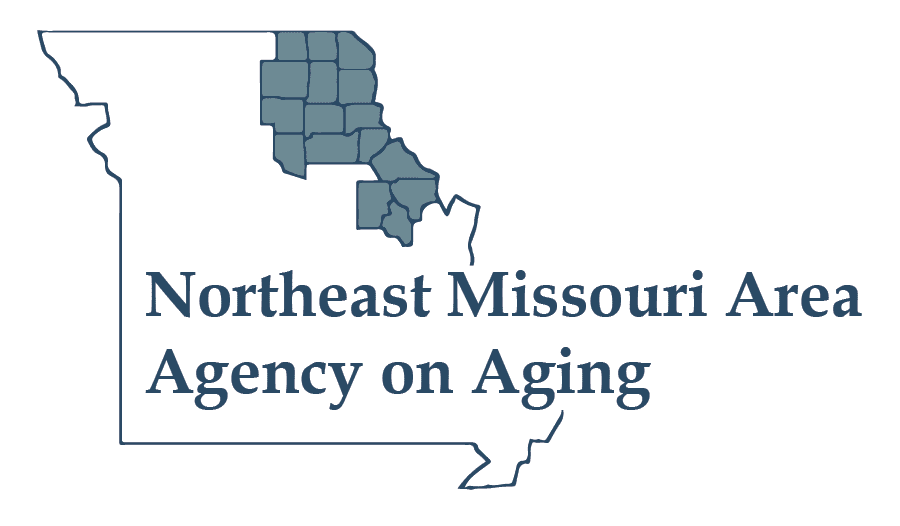Power of Attorney, or POA, is something your loved one might need as they get older. It’s a legal document that gives someone permission to help make important decisions when your loved one can’t do it themselves. Knowing how this works can protect seniors from confusion and stress, especially during tough times.
You might wonder why this matters. Imagine your mom or dad facing health issues or memory problems. They may need help managing money or making medical choices. Without a Power of Attorney, it can be hard for family members to step in quickly.
What Is the Power of Attorney?
Power of Attorney lets your loved one choose a trusted person — often a family member or close friend — to handle certain affairs for them. This person is called the “agent.” Your loved one, called the “principal,” decides what powers the agent has and when they start.
The document can cover many things. For example, your loved one may want someone to pay bills, manage bank accounts, or make healthcare decisions. The POA can be broad or limited, depending on what your loved one needs.
Why Does Your Loved One Need a Power of Attorney?
As your loved one ages, they might not be able to manage their finances or health decisions on their own. Memory loss can make it hard for them to pay bills on time or understand medical advice. Without a POA, family members have to go to court to get permission to help. This process can take weeks or months — time your loved one might not have.
When your loved one has a Power of Attorney, the agent can act immediately. They handle bills, talk to doctors, and make sure your loved one’s needs get met without delay.
For example, if your loved one faces a medical emergency and cannot speak, an agent with medical POA makes decisions about treatments or surgeries. If bills need paying, an agent with financial POA takes care of it.
Different Types of Power of Attorney
Power of Attorney is not one-size-fits-all. Here are the common types your loved one might consider:
- Durable Power of Attorney for Finances: This lets the agent manage money matters, like paying bills, handling bank accounts, or selling property.
- Medical Power of Attorney: This gives the agent the authority to make healthcare decisions for your loved one if they cannot speak for themselves.
- Limited Power of Attorney: Sometimes, your loved one might want to allow the agent to do only specific tasks, like filing taxes or selling a car.
Your loved one can choose one person or several people to handle different responsibilities.
Choosing the Right Agent Is Important
Your loved one should pick someone they trust completely. The agent should respect their wishes and act honestly. This might be a close family member, a trusted friend, or a professional.
It’s a good idea to talk openly about who should have this role. Your loved one should explain the choice to family members, so everyone understands.
The agent has a big responsibility. They must always act in your loved one’s best interest, managing money and health decisions carefully.
Where to Find Support
If you’re feeling overwhelmed, start by reaching out to local resources. Many organizations offer guidance and connect you with experts who understand elder care and legal matters.
Talk to your loved one about the options available. If you need more help or have questions about Power of Attorney, contact your local agency. They are ready to support you and your family through these important decisions.
At Northeast Missouri Area Agency on Aging, we support seniors and their families by providing resources and guidance on important legal decisions like Power of Attorney. If you have questions or need assistance, contact us today—we’re here to help.
Additional support can be found through the Legal Services of Eastern Missouri. 1-800-444-0514 and online at https://lsem.org/about/contact-us/.

